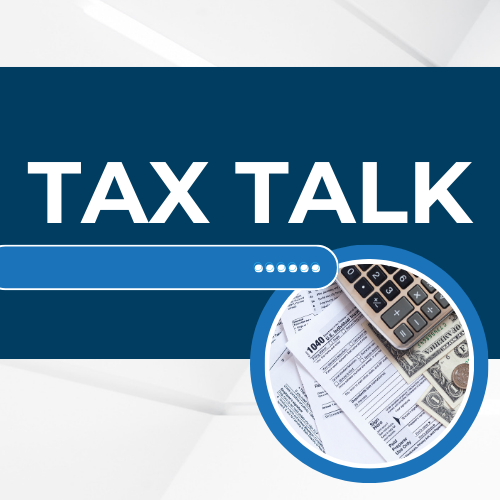Fa La La La La, La La La, Payroll
FICA Payroll Tax Obligations

For many Americans, the acronyms "FICA" and "payroll tax" are part of their everyday vocabulary, but do you know what they really mean? FICA, or the Federal Insurance Contributions Act, is the legislation responsible for collecting Social Security and Medicare taxes from employees and employers to fund these essential social insurance programs. In this blog post, we'll delve into the intricacies of FICA tax obligations, explaining what it entails and how it affects both employees and employers.
What is FICA Tax?
FICA tax encompasses two main components: Social Security and Medicare taxes. Let's explore each of them:
- Social Security Tax: Social Security provides financial support for retirees, disabled individuals, and survivors of deceased workers. Employees and employers both contribute to this program. As of 2022, the Social Security tax rate is 12.4% of an employee's earnings, with employees and employers each contributing 6.2%. However, there's an annual wage base limit, meaning that Social Security tax is only collected on the first $147,000 (2022 limit) of an employee's income.
- Medicare Tax: Medicare is the federal health insurance program for individuals aged 65 and older, as well as some younger individuals with specific disabilities. The Medicare tax rate is 2.9%, with employees and employers each contributing 1.45%. Unlike Social Security, there is no wage base limit for Medicare taxes. Additionally, high-income earners may be subject to an additional 0.9% Medicare tax on earnings exceeding $200,000 for single filers or $250,000 for joint filers.
FICA Tax for Self-Employed Individuals
If you're self-employed, you're responsible for both the employee and employer portions of FICA tax, which means you'll need to cover the full 15.3% (12.4% for Social Security and 2.9% for Medicare) on your net self-employment income. However, you can deduct the employer portion as a business expense, which can provide some tax relief.
Understanding your FICA tax obligations is essential, but it's also important to recognize the benefits of these contributions:
- Retirement Security: Social Security provides a safety net for retirees, offering financial support during their retirement years. The more you earn during your working years, the higher your future Social Security benefits will be.
- Healthcare Coverage: Medicare ensures that you have access to healthcare services during your retirement. It covers various medical expenses, making it a valuable resource as you age.
- Disability and Survivor Benefits: Social Security also provides disability benefits and survivor benefits to eligible individuals. These benefits offer crucial financial assistance in challenging times.
FICA Tax Compliance
Ensuring FICA tax compliance is a shared responsibility between employees and employers. Employers are required to withhold the appropriate FICA tax amounts from employees' paychecks and remit these taxes, along with their own contributions, to the IRS. Employers must also report the withheld taxes accurately on Form W-2. For employees, it's essential to review your pay stubs to verify that FICA taxes are being withheld correctly. This allows you to catch any discrepancies and address them promptly.
FICA tax obligations are a fundamental aspect of the U.S. tax system, supporting social insurance programs that provide financial security, healthcare coverage, and assistance in times of need. Whether you're an employee, employer, or self-employed, understanding these tax obligations is crucial for making informed financial decisions. By recognizing the role FICA taxes play in your financial future, you can better prepare for retirement, healthcare expenses, and unexpected life events.















